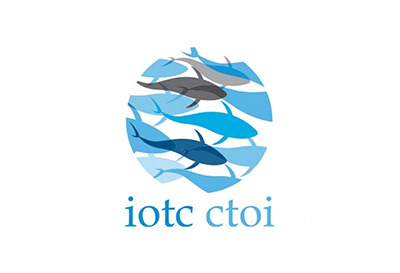 |
South Africa has drafted
and tabled a proposal that aims to ensure that a
fair, equitable and transparent system of the
allocation of fishing opportunities is
developed. |
South Africa tabled the proposal at the 22nd Annual
Session of the Indian Ocean Tuna Commission (IOTC) in
Bangkok, Thailand.
The proposal is directed at vessel chartering in the
IOTC area of competence, with the aim of supporting the
long-term sustainability of IOTC species, while ensuring
the special requirements of IOTC developing coastal
states (DCS) and small island developing states (SIDS)
are accommodated. This includes food security and
development aspirations to promote opportunities for
economic development and development aspirations.
The proposal, however, takes into account the sovereign
rights of IOTC coastal states, in accordance with the
United Nations Convention on the Law of the Sea. The
IOTC is responsible for the management of tuna and tuna
like-species in the Indian Ocean.
The South African delegation to the IOTC -- led by
Deputy Director-General of the department¡¦s branch:
Fisheries Management, Siphokazi Ndudane ¡V championed a
newly adopted resolution on vessel chartering at the
IOTC meeting.
This is only the third time that the country
participates as a full member of the IOTC. South Africa
was for a very long time a non-cooperating contracting
party member of the IOTC until 3 September 2015, when
the South African Parliament approved its accession to
the IOTC, thus becoming a cooperating contracting party
member of the IOTC.
The Department of Agriculture, Forestry and Fisheries
noted that the country was quickly making a positive
mark with respect to promoting the recognition of the
rights and interests of DCS.
¡§South Africa is playing a pivotal role in leading,
along with other DCS and SIDS, such as the Maldives and
other members of the group of like-minded coastal states
in the Indian Ocean, known as the G16. South Africa is
regarded as a leading light and a role model for other
developing nations in the Indian Ocean,¡¨ the department
said.
¡§The proposal aimed to provide clear guidelines on the
management of vessel chartering, as well as the
attribution of catch and observer coverage. Currently,
IOTC attributes all the catch and observer data accrued
from vessel chartering to the flag State of the
chartered foreign fishing vessel.
¡§Consequently, this practice, under the current
conditions, denies the coastal states, particularly the
DCS, their rights to have a historical catch data in the
IOTC Area of Competence,¡¨ the department said.
The IOTC is currently developing a system of allocation
of fishing rights in the IOTC area of competence, and
historical catch data is one of the critical elements to
be considered for the allocation of fishing rights.
¡§The proposal on vessel chartering had huge implications
not only for South Africa but for other Indian Ocean
coastal states and to some degree, the distant fishing
water nations operating in the Indian Ocean."
South Africa¡¦s tuna allocations at the Commission for
the Conservation of Southern Bluefin Tuna and the
International Commission for the Conservation of
Atlantic Tunas has significantly increased, creating
much-needed permanent jobs in the South African fishing
industry.
¡V Source:
SAnews.gov.za |